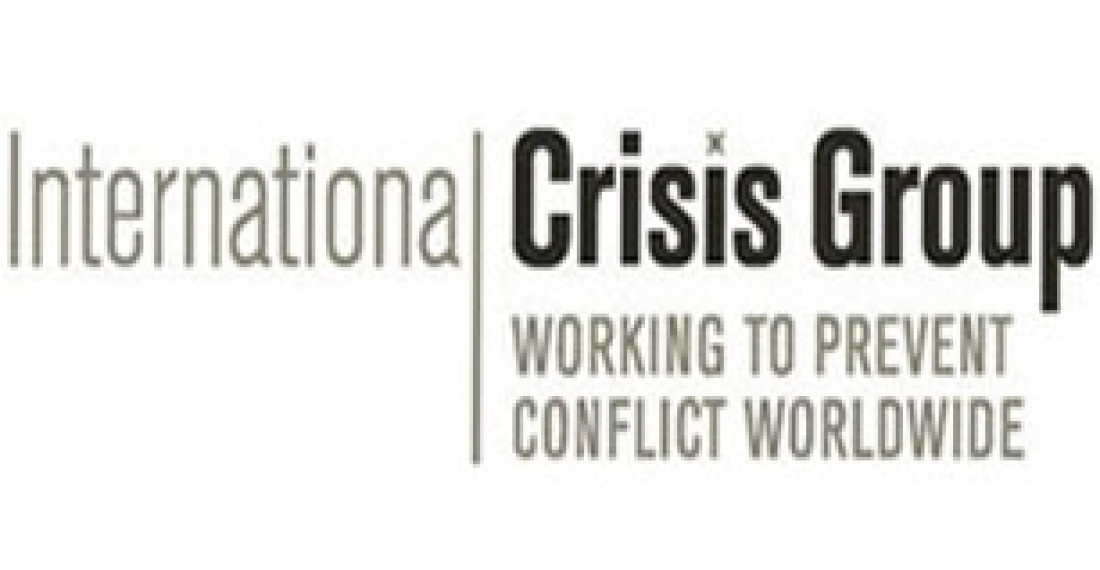- Armenia-Azerbaijan Strategic Expert Platform: Members emphasise the importance of the present moment for the South Caucasus and call for the momentum to be used for the long-term peace and prosperity of the region
- Thursday Interview: Dr. Anar Valiyev
- Food insecurity in Somalia has nearly doubled in the past year
- Türkiye evaluating potential measures in case of a US-Iran conflict
- European Parliament reaffirms support for Ukraine and EU Path
- EU moves ahead with Ukraine loan preparations despite Hungarian block

"If there is a change of regime in Iran, that could have unpredictable and possibly negative consequences for Armenia," said Lawrence Sheets, Caucasus project director at the International Crisis Group, in an interview with AFP.
The source defined the situation in the South Caucasus. These are thwarted attacks on Israelis in Tbilisi and Baku, friction between Azerbaijan and its giant neighbour Iran, and fears of a new war over the conflict-bloodied region of Nagorny Karabakh.
The source recalled the incidents in Georgia and Azerbaijan around the situation in Iran. "Georgian police in February said they defused a bomb near the Israeli embassy in Tbilisi, part of a series
of attack plots that Israel blamed on Iran. Mainly Muslim but officially secular Azerbaijan has arrested several people over the past two months accused of plotting to attack Israelis in Baku on behalf of Iran and the Islamic radical group Hezbollah. The alleged plots have provoked speculation in the region that Iran and Israel are acting out a covert conflict on the Islamic republic's borders, deploying spies and recruiting locals as proxies."
Armenia, the source reports, is predominantly Christian but has long kept warm ties with Iran, collaborating on energy and transport projects to help alleviate its economic isolation caused by closed borders with foes Azerbaijan and Turkey.
The item further reads that as warnings grow of a possible Israeli strike against Iran, the three small south Caucasus ex-Soviet states have become increasingly nervous that open conflict could throw their troubled region into even deeper turmoil. The south Caucasus had long been a battleground for influence between Iran, Russia and Turkey, but the fall of the Soviet Union enabled the US and Europe to forge new allegiances where Moscow had dominated for decades.
"As always when relations between the greater powers around the Caucasus are in turmoil, the Caucasus is affected," said Svante Cornell, research director at the Stockholm-based Central Asia-Caucasus Institute.








